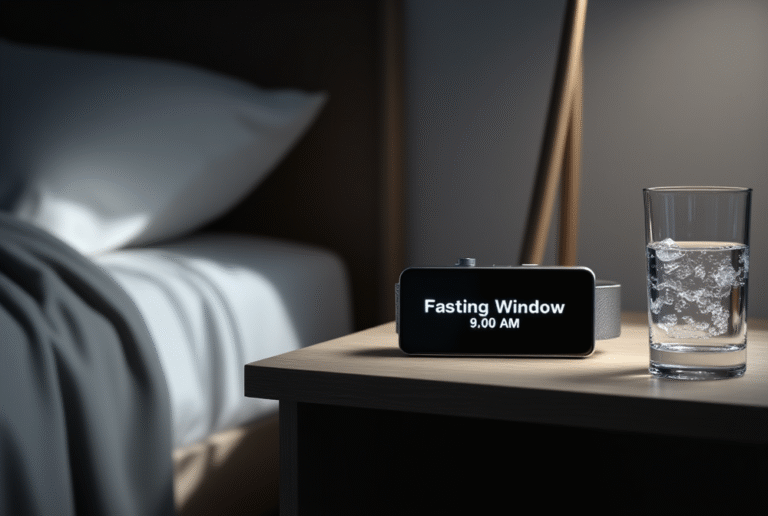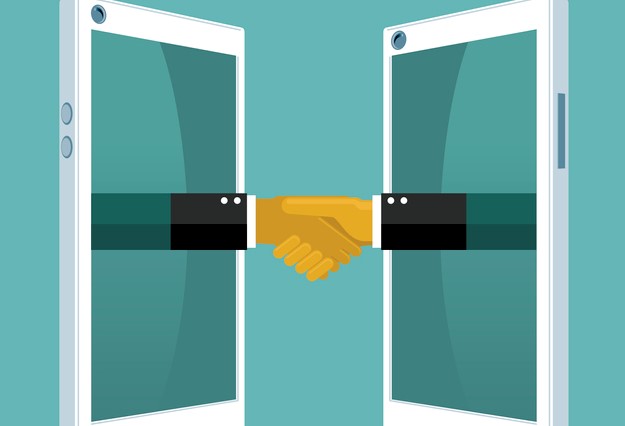
Vesta Healthcare, a virtual care company for individuals receiving home care, and Medical Guardian, a company providing medical alert devices to seniors, has entered into a partnership to address chronic care management and remote patient monitoring for Medicaid and Medicare members.
Medical Guardian’s cellular-connected vitals monitoring devices and personal emergency response systems (PERS) will work with Vesta Healthcare’s 24/7 clinical oversight to provide members with proactive health monitoring capabilities at home.
Vesta Healthcare’s clinicians utilize Medical Guardian’s devices to capture vital health data, such as blood pressure, weight, oxygen levels and fall detection, as well as provide emergency response.
In addition, members get reminders for their readings, and the data is automatically forwarded to Vesta’s clinical team with no apps or manual input required.
The aim of the partnership is to improve member wellbeing and reduce hospitalizations.
According to Vesta, the integration of RPM and PERS provides a full continuum of forward-looking care that keeps all parties connected and informed.
The partnership also offers enhanced member engagement with user-friendly devices and reminders that enable members to easily track and share health data, boosting adherence and health insights.
Integrated monitoring and response features permit PERS and RPM to work together for real-time monitoring and immediate support.
The collaborative, proactive care feature is designed to strengthen collaboration between healthcare providers, caregivers and patients, and deliver personalized, proactive care.
“By combining our expertise, we are excited to take this next step in revolutionizing how care is provided and monitored at home,” Randy Klien, CEO of Vesta Healthcare, said in a statement.
“This partnership will empower patients, caregivers, and healthcare providers with better tools, data, and resources, leading to more informed and efficient care decisions.”
Alex Prough, chief commercial officer of Medical Guardian said that the partnership with Vesta will create a streamlined, effective solution for the company’s partners and their members.
“Together, we’re providing a simple, powerful way to reduce risks and hospitalizations while enhancing member well-being with devices and services to support proactive monitoring 24/7,” Prough said in a statement.
THE LARGER TREND
In September, Vesta Healthcare closed a $65 million Series C round with new debt financing. RA Capital Management led the round with participation from Chrysalis Ventures, Oak HC/FT, CareCentrix/Walgreens, Deerfield Management, Kaiser Permanente Ventures, Nationwide, Lux Capital and Generator Ventures. Horizon Technology Finance Corporation, a Monroe Capital affiliate, provided debt capital.
In July, Vesta partnered with CareAtHome Medical Group to deliver the GUIDE program in 11 states.
That same month, CareAtHome was selected by the Centers for Medicare & Medicaid Services (CMS) to take part in a Medicare alternative payment model designed to support people living with dementia and their caregivers that is set to begin in July 2025.
Under CMS’ Guiding an Improved Dementia Experience (GUIDE) Model, CareAtHome will be one of almost 400 participants building Dementia Care Programs (DCPs) across the country, working to increase care coordination and improve access to services and supports, including respite care, for people living with dementia and their caregivers.
In May, Medical Guardian acquired MobileHelp from Advocate Aurora Enterprises to expand its suite of healthcare offerings supporting aging adults in living independently and safely.
The acquisition boosted Medical Guardian’s safety, engagement and wellness capabilities that are available to more than 600,000 active members via its PERS, RPM and healthcare engagement services.
In February, Medical Guardian and internet of things company KORE collaborated on a medical alert device utilizing eSIM technology. The technology is designed to overcome cell signal challenges and address healthcare access disparities by allowing electronic switching of service carriers for optimal 24/7 connectivity.






